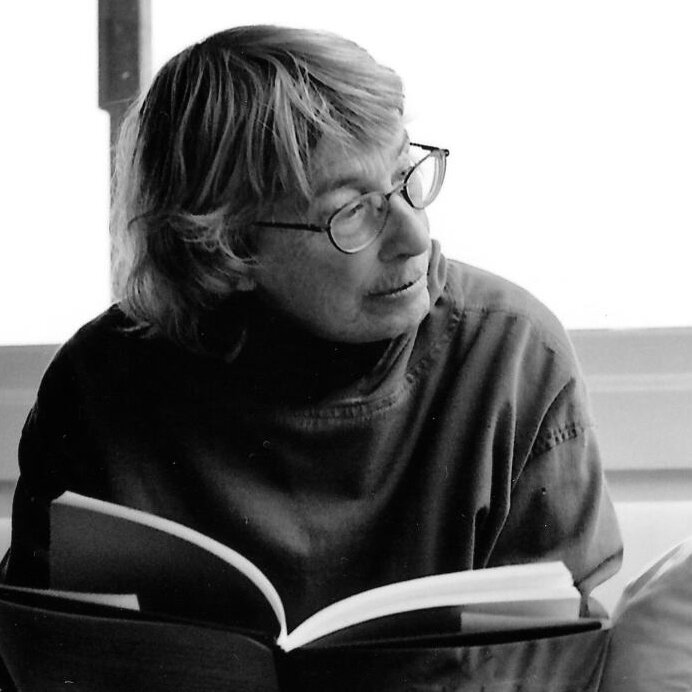Look, the trees
are turning
their own bodies
into pillars
of light,
are giving off the rich
fragrance of cinnamon
and fulfillment,
the long tapers
of cattails
are bursting and floating away over
the blue shoulders
of the ponds,
and every pond,
no matter what its
name is, is
nameless now.
Every year
everything
I have ever learned
in my lifetime
leads back to this: the fires
and the black river of loss
whose other side
is salvation,
whose meaning
none of us will ever know.
To live in this world
you must be able
to do three things:
to love what is mortal;
to hold it
against your bones knowing
your own life depends on it;
and, when the time comes to let it
go,
to let it go.
Published:
1983
Length:
Regular
Literary Movements:
Contemporary
Anthology Years:
2024
Themes:
Death & Loss
Love & Relationships
Nature
Literary Devices:
Anadiplosis
A device in which the last word or phrase of one clause, sentence, or line is repeated at the beginning of the next.
Imagery
visually descriptive or figurative language, especially in a literary work
Juxtaposition
the fact of two things being seen or placed close together with contrasting effect
Polyptoton
The use of multiple words with the same root in different forms.
Sensory Detail
words used to invoke the five senses (vision, hearing, taste, touch, smell)

